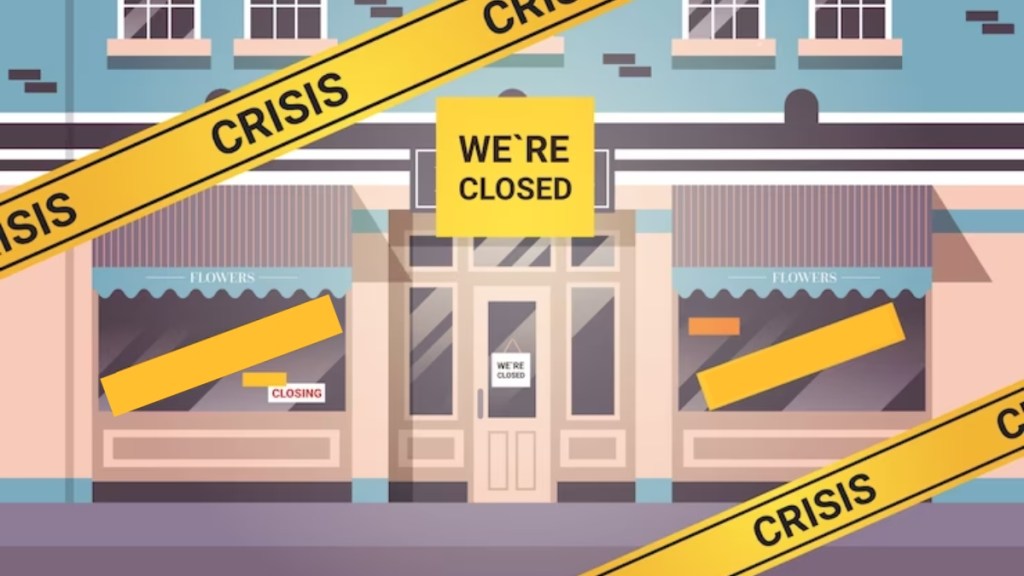To the current year, 2023. The Indian ed-tech industry has witnessed significant growth in recent years, with several successful platforms emerging. However, not all ventures have been able to sustain themselves in this competitive market. One notable trend is the closure of 478 Indian ed-tech brands, including Vedu Academy, QuizMind, Tribac Blue, RKS Law Classes, and Key17Tech, which were founded in 2020 but faced various challenges that lead to their shutdown, data from market research firm, Tracxn shows. Interestingly, the above-mentioned ed-tech players failed to secure any financial backing from institutional or angel investors, which may have contributed to the shut down of these ed-tech platforms.
The ed-tech sector in India is currently facing significant challenges, with venture capital firms reducing their investments. Tracxn data reveals a substantial decline of 53% in investments, amounting to $877.5 million, between January 2023 and the present date. In comparison, during the corresponding period, the sector received a funding infusion of $1.9 billion. Industry giants such as Byju’s, which has secured substantial funding in the billions of dollars. However, there are indications that even Byju’s may be experiencing a decline in its fortunes. The government reprimanded the company for an 18-month delay in submitting its financials. Byju’s experienced a significant increase in net loss, which rose from Rs 231.69 crore in FY20 to Rs 4,588 crore in FY21, according to regulatory filings accessed by business intelligence platform Tofler.
The business-to-consumer (B2C) ed-tech platforms in India have faced another challenge in the form of unrealistic pricing models imposed on parents. These platforms, driven by high customer acquisition costs and recurring expenses, often resort to raising their prices. However, they fail to realise that their target customers, the parents, have limited financial resources. India has over 400,000 affordable, low-cost, or budget private schools with an enrollment of more than 79 million students as of 2022 . Approximately 95% of these schools charge an annual fee of less than Rs 30,000, according to a non-profit organisation dedicated to education, Central Square Foundation.
Parents who subscribe to these ed-tech platforms pay anywhere between Rs 2,000-2,500 per month, surpassing their child’s school fees. This has raised concerns about affordability and accessibility. Numerous ed-tech companies exert pressure on parents to acquire loans and buy specific devices, such as tablets, in order to access their courses. They also employ tactics to lock parents into long-term subscriptions without easy cancellation, according to a RedSeer Consulting and Omdiyar Network report. With the government set to roll-out a regulation for the ed-tech industry, what is left to be seen how the industry is able to survive the current storm.


